Jaguar Land Rover has revealed plans to test autonomous and connected vehicle technology on 41 miles of public roads, as part of a UK Connected Intelligent Transport Environment (CITE) project that’s worth £5.5 million.
The project is the first of its kind in the UK, and will be based on roads surrounding JLR’s Coventry and Solihull bases. It’ll use a fleet of 100 vehicles, five of which will be modified versions of current Jaguar Land Rover models, equipped with car-to-car and ‘over the horizon’ technology, to develop self-driving and co-operative systems in a real-world test environment.
Some of the test cars will be able to read roadside infrastructure, including traffic lights and overhead gantries, and communicate with one another and emergency vehicles to help reduce congestion through intelligent route planning and to improve safety thanks to the technology’s ability to ‘see’ beyond the horizon.
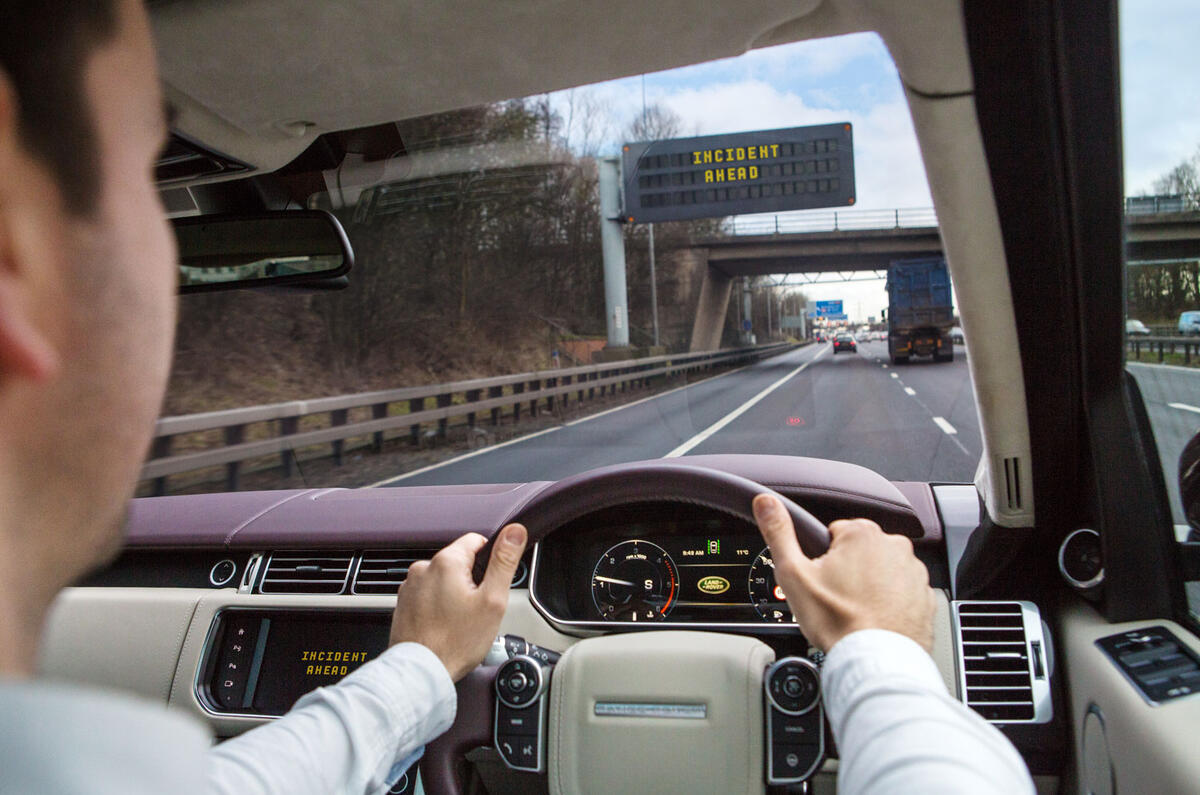
JLR says these connected cars can co-operate to make lane changing and exiting motorways more efficient, and autonomous technology such as Cooperative Adaptive Cruise Control would enable them to safely follow each other closely (by platooning) improving safety and maximising road space.
UK CITE hopes this technology will remove the need for expensive overhead gantries, which cost around £1m to build, through the use of dashboard warning messages communicated directly to the car. The same connected technology could also pre-warn drivers of approaching emergency vehicles and incidents ahead of them, allowing them to make safer decisions to avoid further obstruction.
Dr Wolfgang Epple, JLR’s Director of Research and Technology said of the project: “This real-life laboratory will allow Jaguar Land Rover’s research team and partners to test new connected and autonomous vehicle technologies on five different types of roads and junctions.
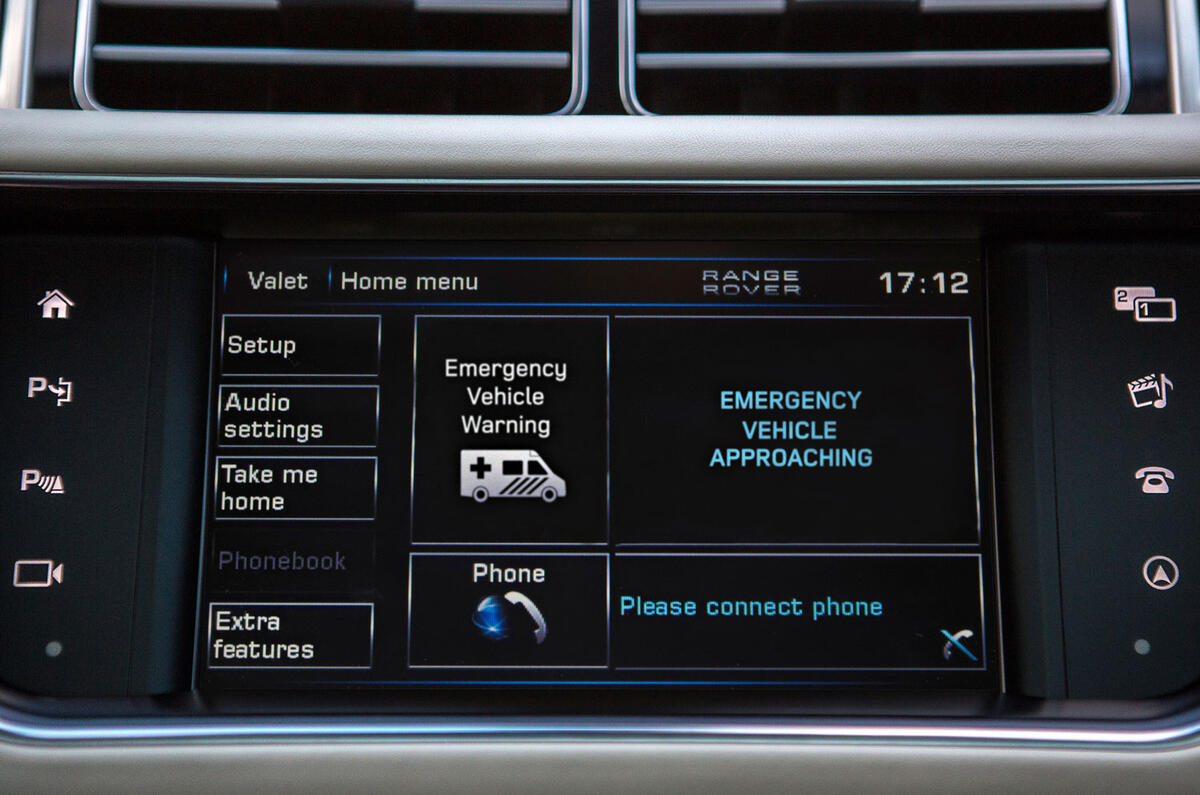

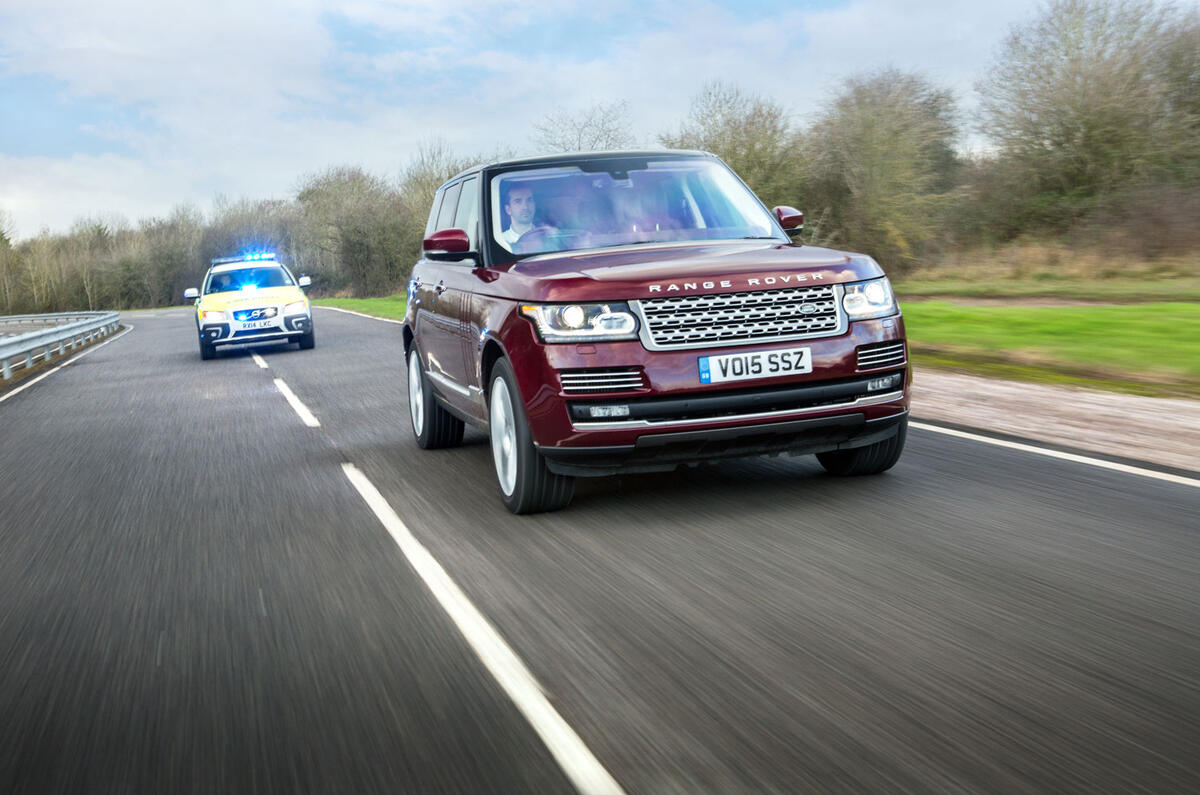
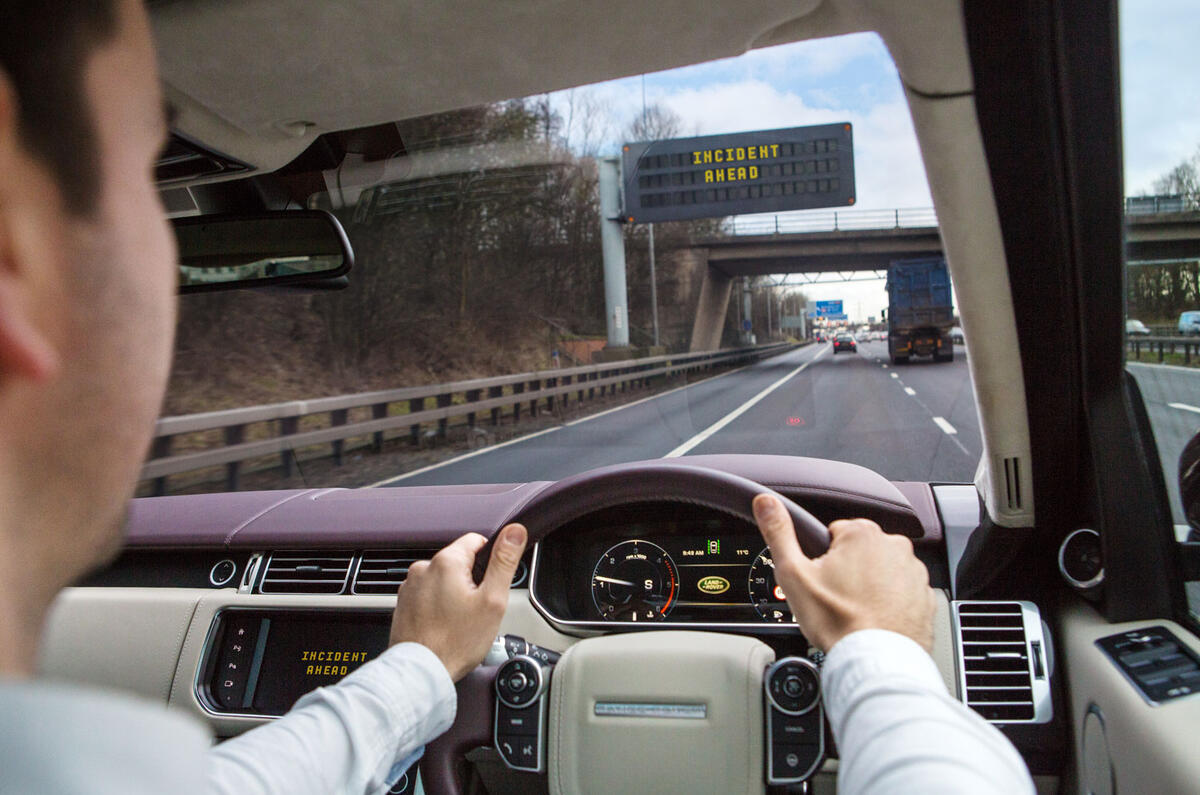
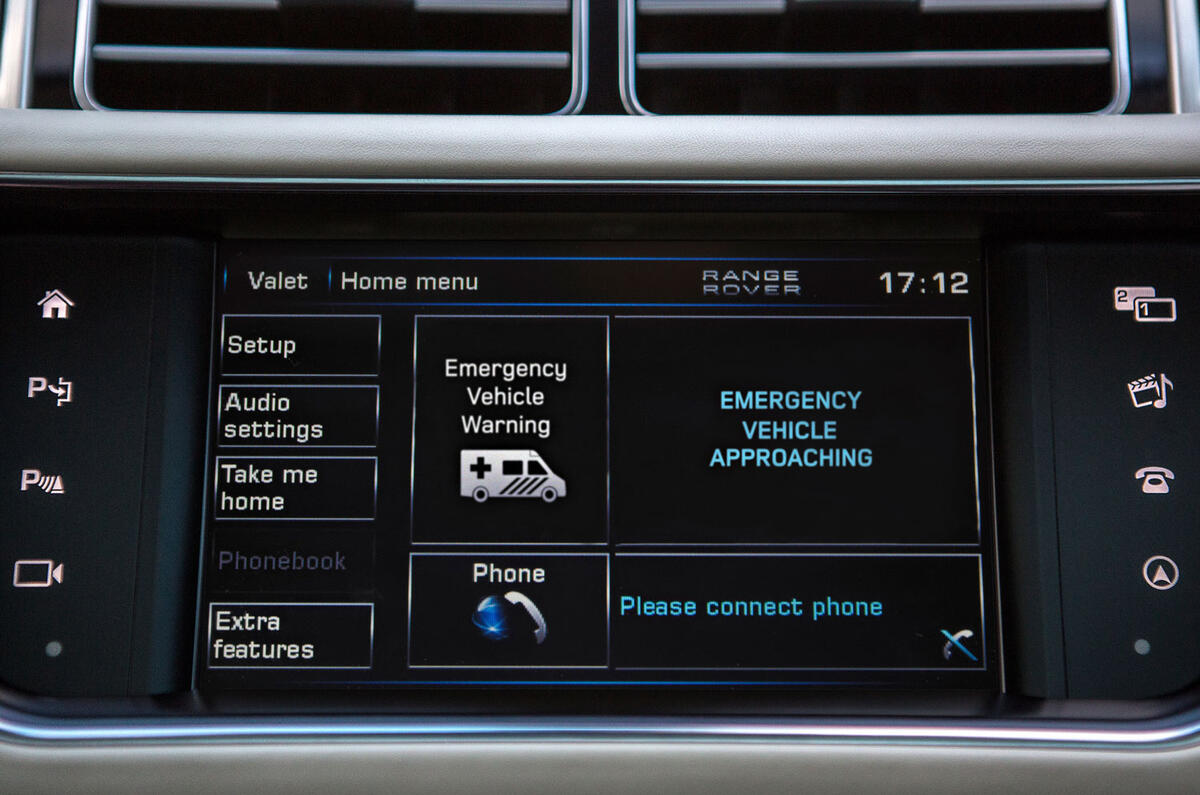
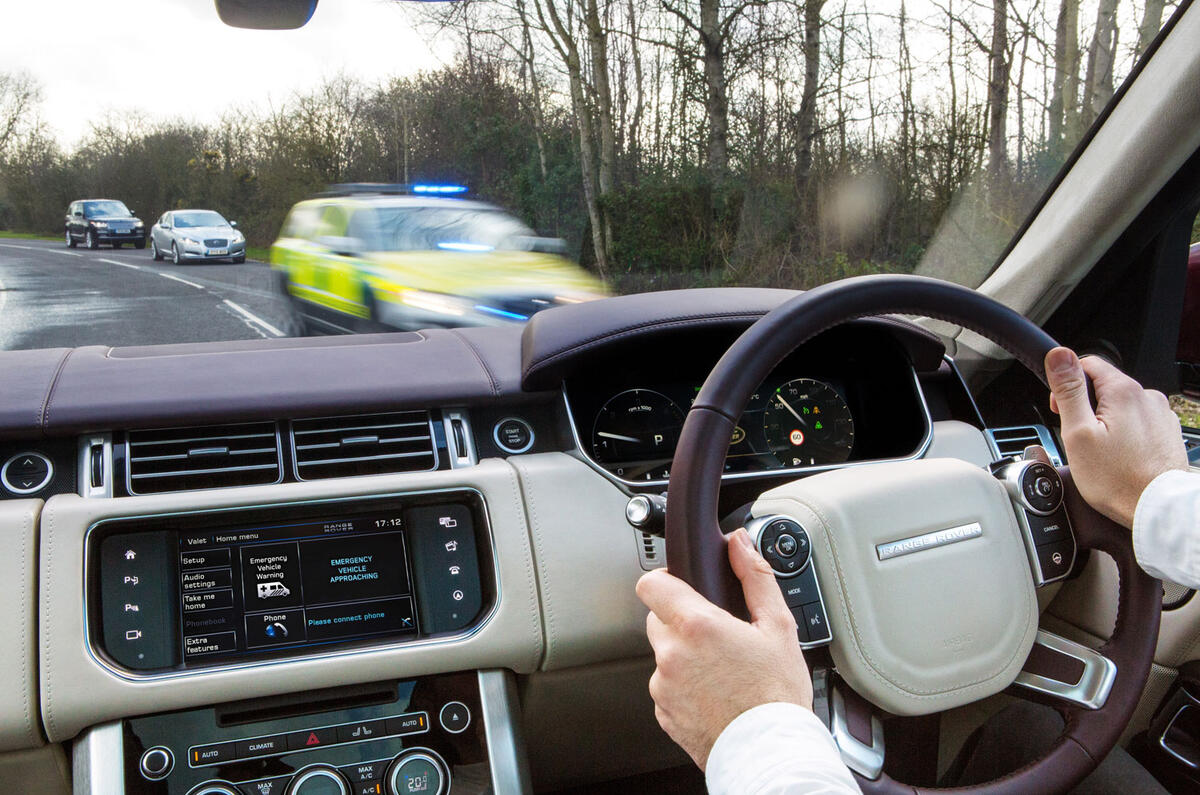
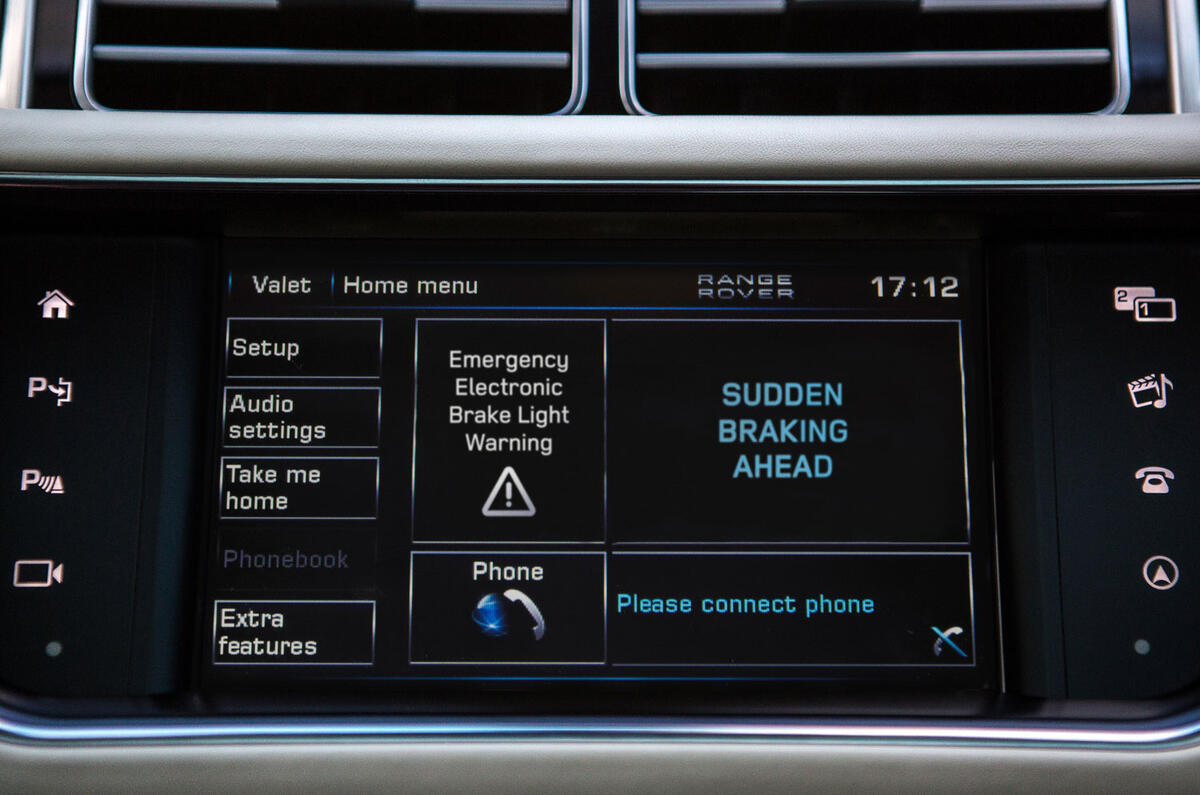
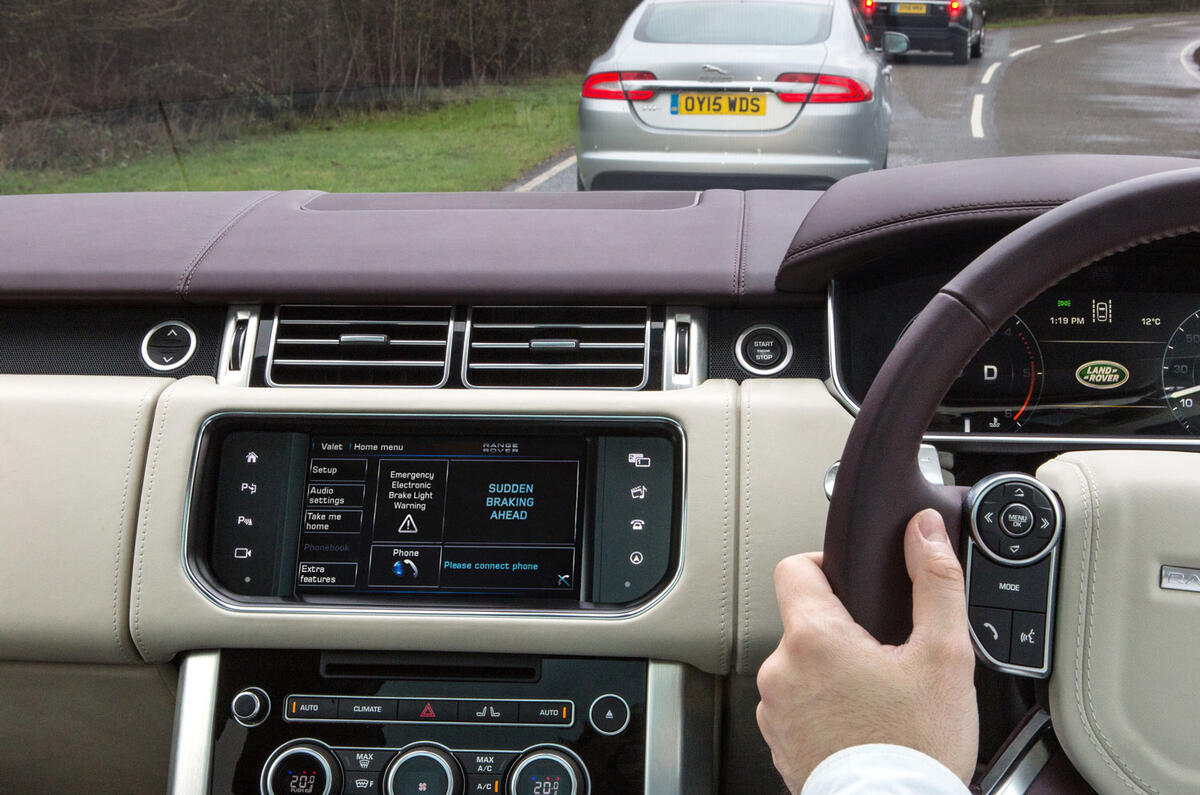


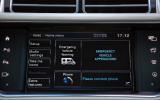

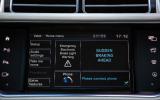


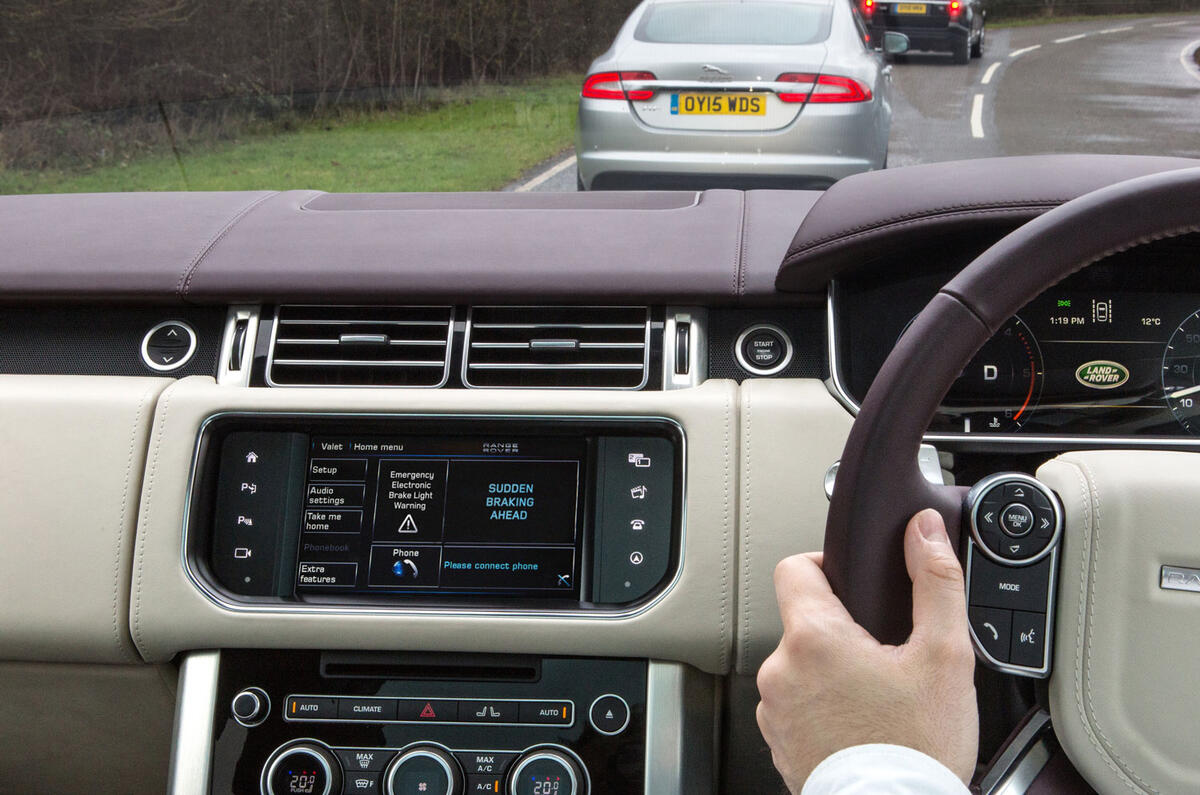

Join the debate
Add your comment
£100m connected vehicle fund !
truly terrifying
Start now?